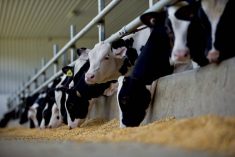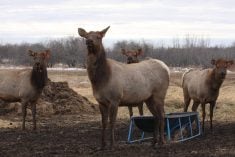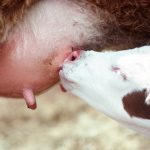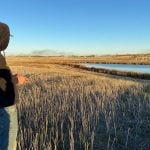Officials from South Korea are scheduled to come to Canada later this month and visit beef slaughterhouses as Korea reconsiders its five-year-old ban on Canadian beef and cattle.
The Koreans’ visit will allow them “to see firsthand the effectiveness of Canada’s food safety and animal health safeguards,” the Canadian government said in a release Monday.
Korea’s ports have been closed to imports of Canadian beef since May 2003, after officials confirmed Canada’s first home-grown case of BSE in an Alberta cow. The market was previously Canada’s fourth-biggest for beef, worth about $50 million in sales per year.
Read Also
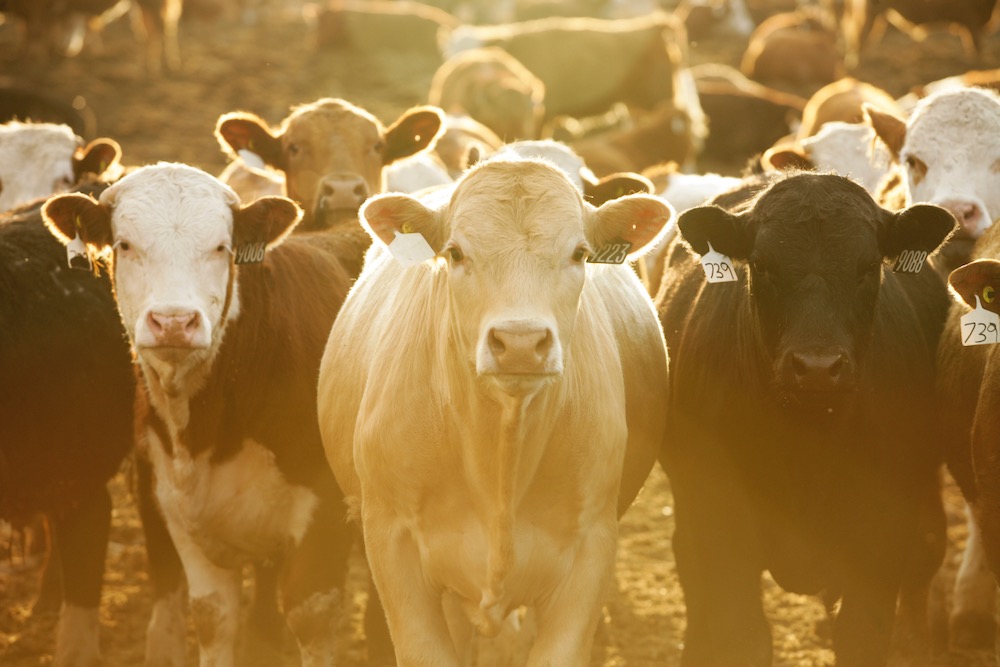
U.S. livestock: Cattle futures drop on Trump call for lower prices
Cattle futures on the Chicago Mercantile Exchange dropped sharply on Wednesday, reacting to comments from United States President Donald Trump…
After about a year with no discussions, Canadian and Korean veterinary officials held technical negotiations Nov. 3 and 4, aimed at moving toward an agreement on import requirements for Canadian beef.
“We are committed to providing our exporters with every possible opportunity and we are working to resume trade to Korea as soon as possible,” Agriculture Minister Gerry Ritz said in Monday’s release.
South Korean officials were quoted last week by news agency Yonhap as saying that because Canada has had 14 domestic cases of BSE (13 plus one animal found in Washington state but exported from Alberta) — and because Korean “domestic law,” revised in August, places tighter restrictions on imports from such countries — Seoul may opt to only permit meat from cattle under 30 months old from entering the country.
Industry insiders were also quoted on Yonhap as saying that since Seoul already lifted a similar ban against U.S. beef in June, restrictions placed on Canada will most likely be lifted.
Canada has been classified by the World Organization for Animal Health (OIE) as a “controlled risk” country for BSE since May last year, which recommends that such nations be allowed to trade freely in beef, beef products and cattle.





